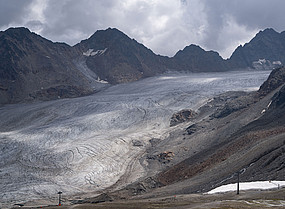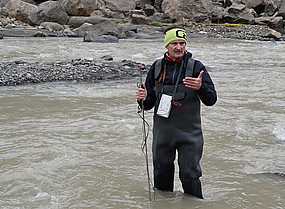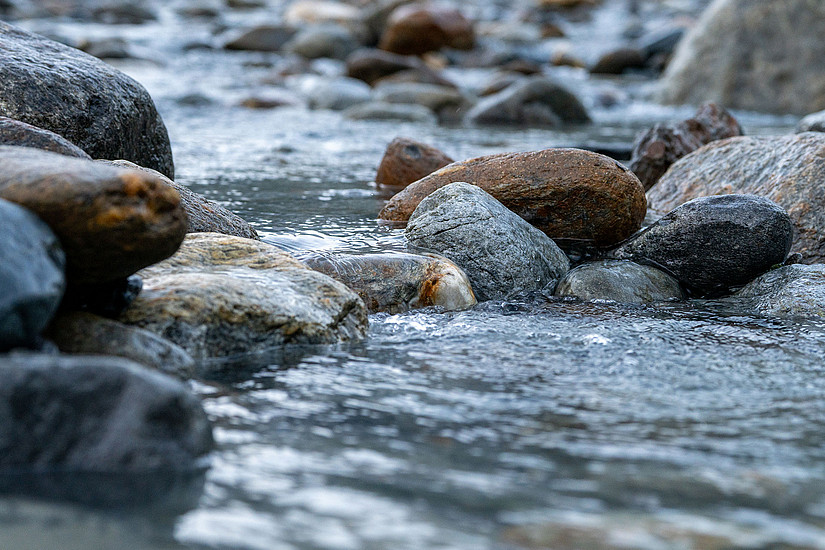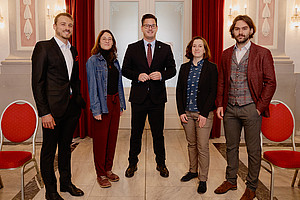Rapidly melting glaciers, thawing permafrost, less snow cover, but also more frequent, intense heavy rainfall and longer dry periods – climate change has many faces. The impact of all these changes on Austria's water resources is being investigated in the largest study on the subject to date, commissioned by the BMLUK and led by researchers from TU Wien and GeoSphere Austria, with the participation of the University of Graz, BOKU University, the engineering firm DI Holler and the federal states.
Ice and snow – the so-called cryosphere – play an important role in the water cycle. A team of scientists at the University of Graz, led by Wolfgang Schöner, summarise the current state of research on this topic in the study. “When the glaciers shrink, the runoff into the rivers is reduced and is particularly lacking in times of drought. The snow cover also fulfils an important function. When it melts in spring, it supplies the rivers and replenishes the groundwater. Without sufficient snow, the soil dries out more quickly,” explains Schöner. The thawing of the permafrost poses another danger: “This releases large amounts of debris, which in turn favours the formation of mudflows and increases the sediment transport of the rivers, thus increasing the risk of damage in the event of flooding,” says the researcher.
The results of the project are expected to provide water scenarios up to the year 2100, which will serve as a basis for developing measures to protect the population and the environment and to secure Austria's water resources.
More information on the study „Wasser im Klimawandel“ (German only)
Wolfgang Schöner is head of the research group “Climate Change in Mountain Regions” at the Department of Geography and Regional Science at the University of Graz and part of the profile area “Climate Change Graz”.






